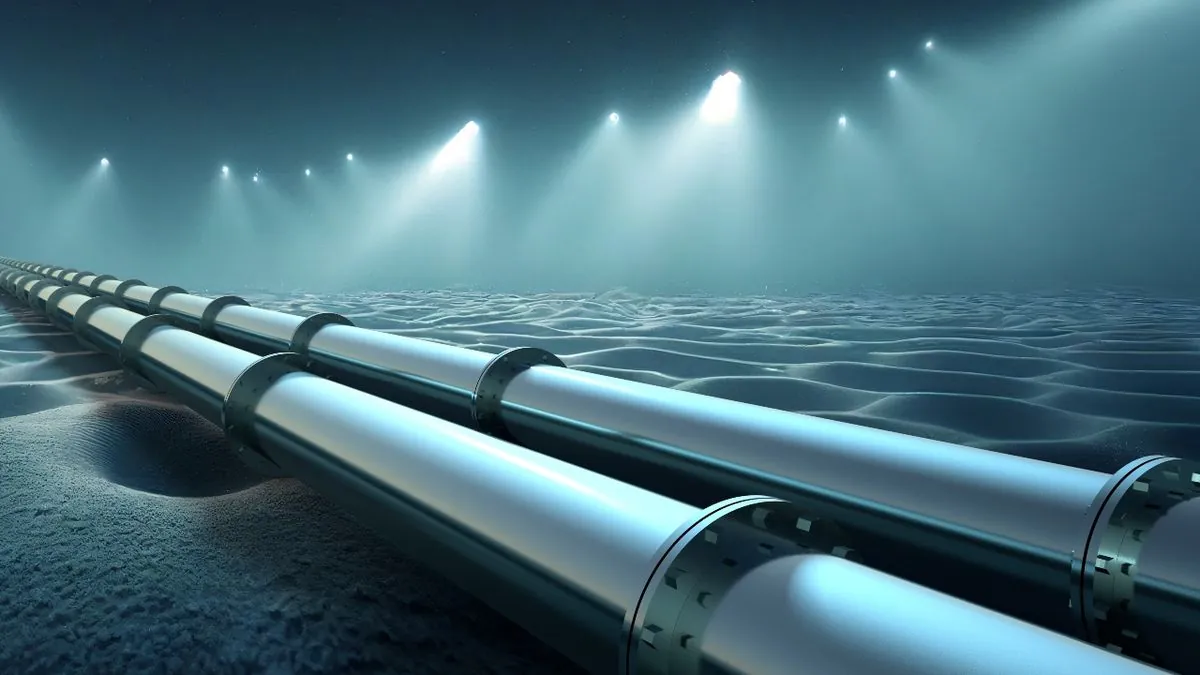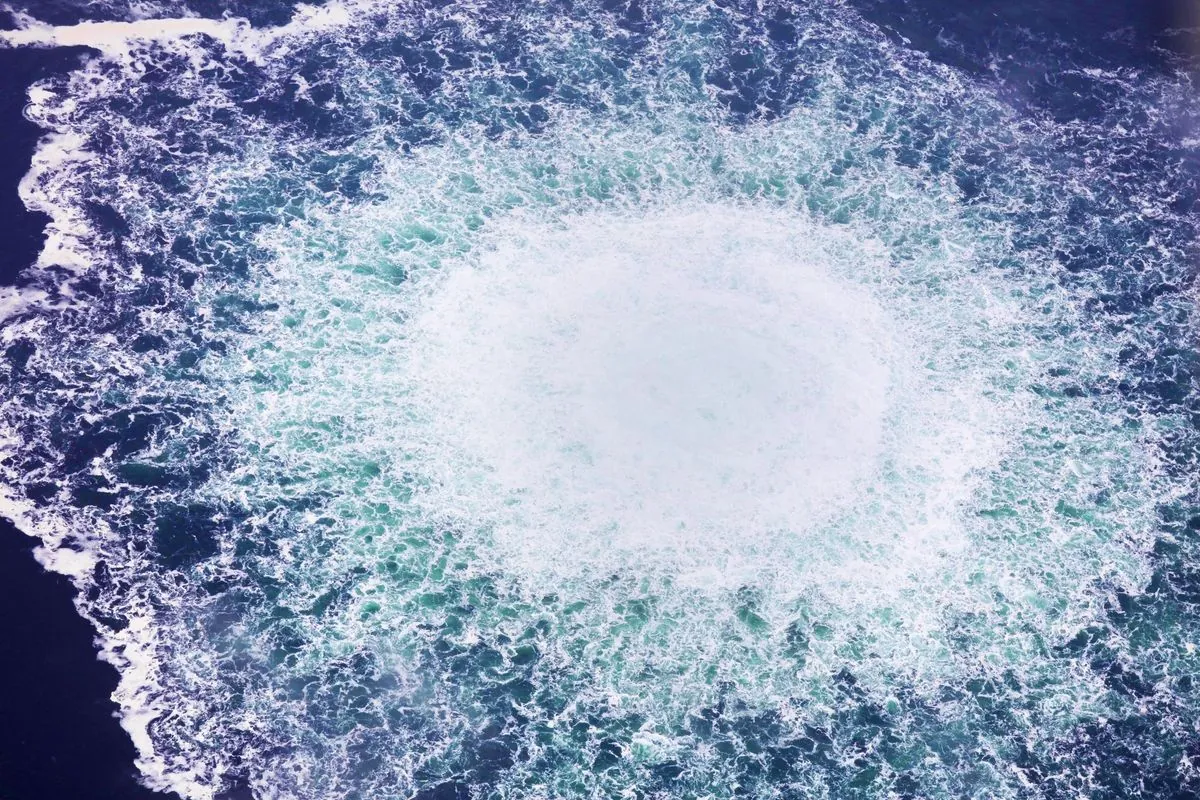Russia Criticizes German Probe into Nord Stream Pipeline Sabotage
Russia expresses dissatisfaction with Germany's investigation of the 2022 Nord Stream pipeline explosions. A key Ukrainian suspect evaded arrest in Poland due to an administrative oversight.

Two years ago, a series of explosions damaged the Nord Stream 1 and 2 pipelines beneath the Baltic Sea. These incidents, occurring in September 2022, have since become a subject of international concern and investigation.
Russia has recently voiced its dissatisfaction with Germany's handling of the investigation into these explosions. According to RIA news agency, Oleg Tyapkin, head of a European department at the Russian foreign ministry, stated, "We have raised the issue of Germany and other affected countries fulfilling their obligations under the UN anti-terrorist conventions." He added, "We have officially made corresponding claims on this matter bilaterally, including to Berlin."
The Russian criticism comes in the wake of reports that a key suspect, identified as a Ukrainian diving instructor, evaded arrest in Poland. German authorities had issued an arrest warrant, but due to an administrative error where the suspect's name was not included in a database of wanted persons, Polish prosecutors were unable to detain the individual.

This development has led Moscow to express skepticism about the outcome of the German investigation. Russian officials believe that the probe may conclude without identifying those responsible for the sabotage.
The Nord Stream pipelines, stretching 1,224 kilometers under the Baltic Sea, represent a significant infrastructure project with a combined annual capacity of 110 billion cubic meters of gas. The explosions, which occurred at depths of 70-80 meters, caused substantial damage estimated to cost at least €500 million to repair.
"The damage to the pipelines created gas leaks visible on the sea surface, spanning areas up to 1 kilometer in diameter."
It's worth noting that the pipelines were not operational at the time of the explosions due to disputes related to the ongoing conflict in Ukraine. The incident has been described as an act of international sabotage and has further strained relations between Russia and Western countries.
The sabotage of the Nord Stream pipelines resulted in one of the largest single releases of methane in history, raising environmental concerns. Investigations into the explosions have been conducted by Sweden, Denmark, and Germany, with various theories about the perpetrators being proposed.
As tensions continue to simmer, the international community awaits further developments in the investigation of this complex and politically charged incident.


































